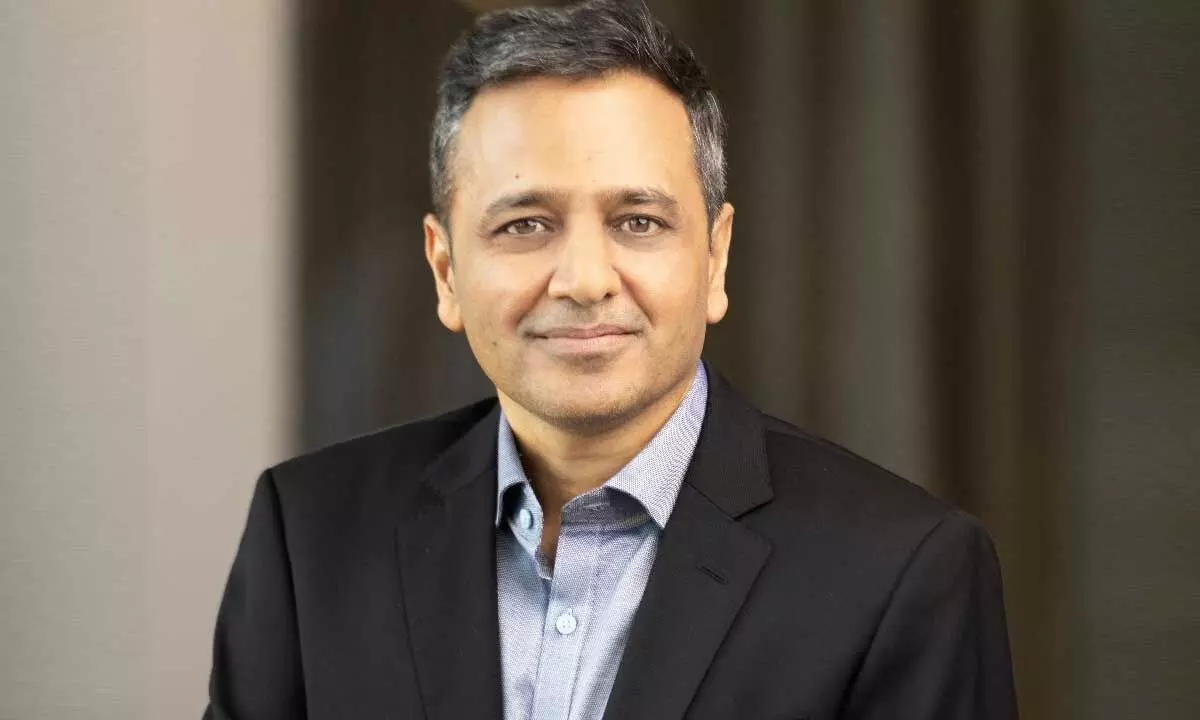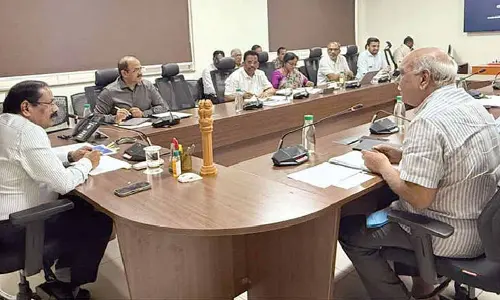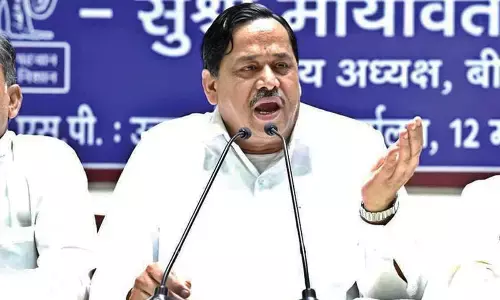Revolutionizing Healthcare In India With Smart And Connected Devices

The integration of smart and connected devices is transforming the healthcare landscape in India, especially in addressing the significant challenges of timely access to quality healthcare.
The integration of smart and connected devices is transforming the healthcare landscape in India, especially in addressing the significant challenges of timely access to quality healthcare. Manish Kothari, a leading expert in healthcare innovation, recently discussed the profound impact of emerging technologies such as 5G, IoT, and AI on healthcare delivery, particularly in underserved areas of the country.
Kothari emphasized how Remote Patient Monitoring (RPM) and real-time data analytics are shifting healthcare from reactive to proactive care. He explained, “In a country like India, where managing chronic conditions such as heart disease, diabetes, and hypertension is critical, these technologies allow healthcare providers to continuously monitor patients and make informed decisions, reducing hospitalizations and improving patient outcomes.”
One of the key areas where smart devices are making a difference is in addressing the shortage of healthcare professionals in India. With an estimated shortfall of 600,000 doctors and 2 million nurses, Kothari highlighted the importance of AI-powered diagnostic tools and virtual healthcare assistants in delivering healthcare services to remote and underserved areas. “These technologies reduce the need for in-person consultations, saving time and resources, while ensuring timely care for people in these regions,” Kothari noted.
While the potential for these technologies is immense, Kothari acknowledged the challenges that come with widespread adoption. Data privacy and security remain top concerns, given the sensitive nature of health data. He stressed the need for robust cybersecurity measures and better interoperability between devices to ensure consistent data flow. Additionally, the infrastructure costs for supporting digitization, particularly in rural areas, can be substantial. However, India is making strides in addressing these challenges through regulatory initiatives such as the Personal Data Protection Bill (PDP) of 2019 and the proposed Digital Information Security in Healthcare Act (DISHA).
Kothari also shed light on the increasing role of AI in the healthcare sector. AI-driven diagnostic tools are enhancing diagnostic accuracy and helping predict patient outcomes more effectively. “AI allows us to analyze vast amounts of data, identifying patterns that might go unnoticed by human practitioners. This not only improves the quality of diagnosis but also offers personalized care through AI-powered virtual assistants,” he said.
Looking ahead, Kothari envisions a healthcare revolution driven by smart, connected devices. “With continued collaboration among governments, healthcare providers, and tech companies, I see a future where quality healthcare is accessible to all, regardless of location. We are at the threshold of what these technologies can achieve, and I believe they will make healthcare more accessible, affordable, and efficient.”














